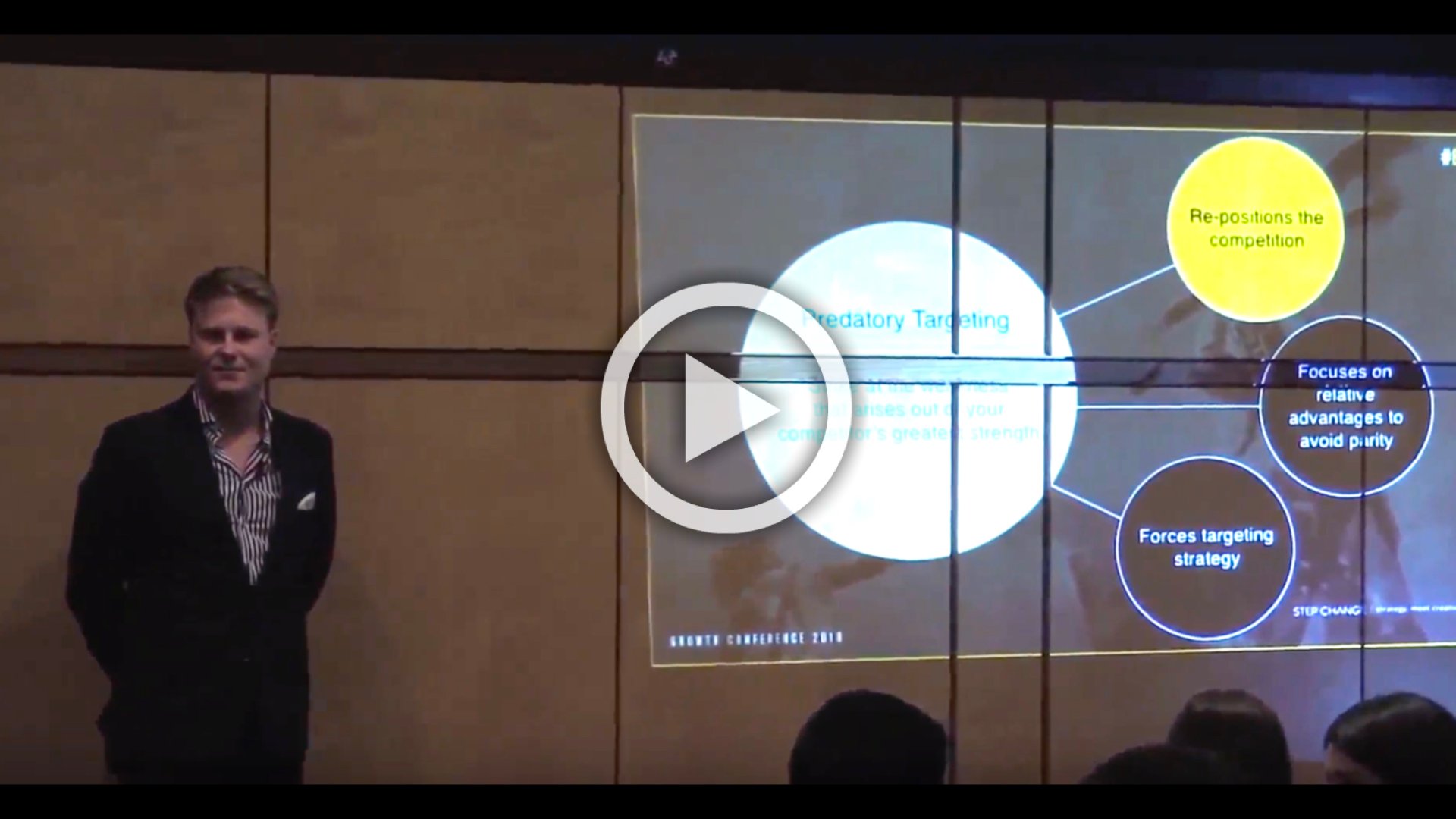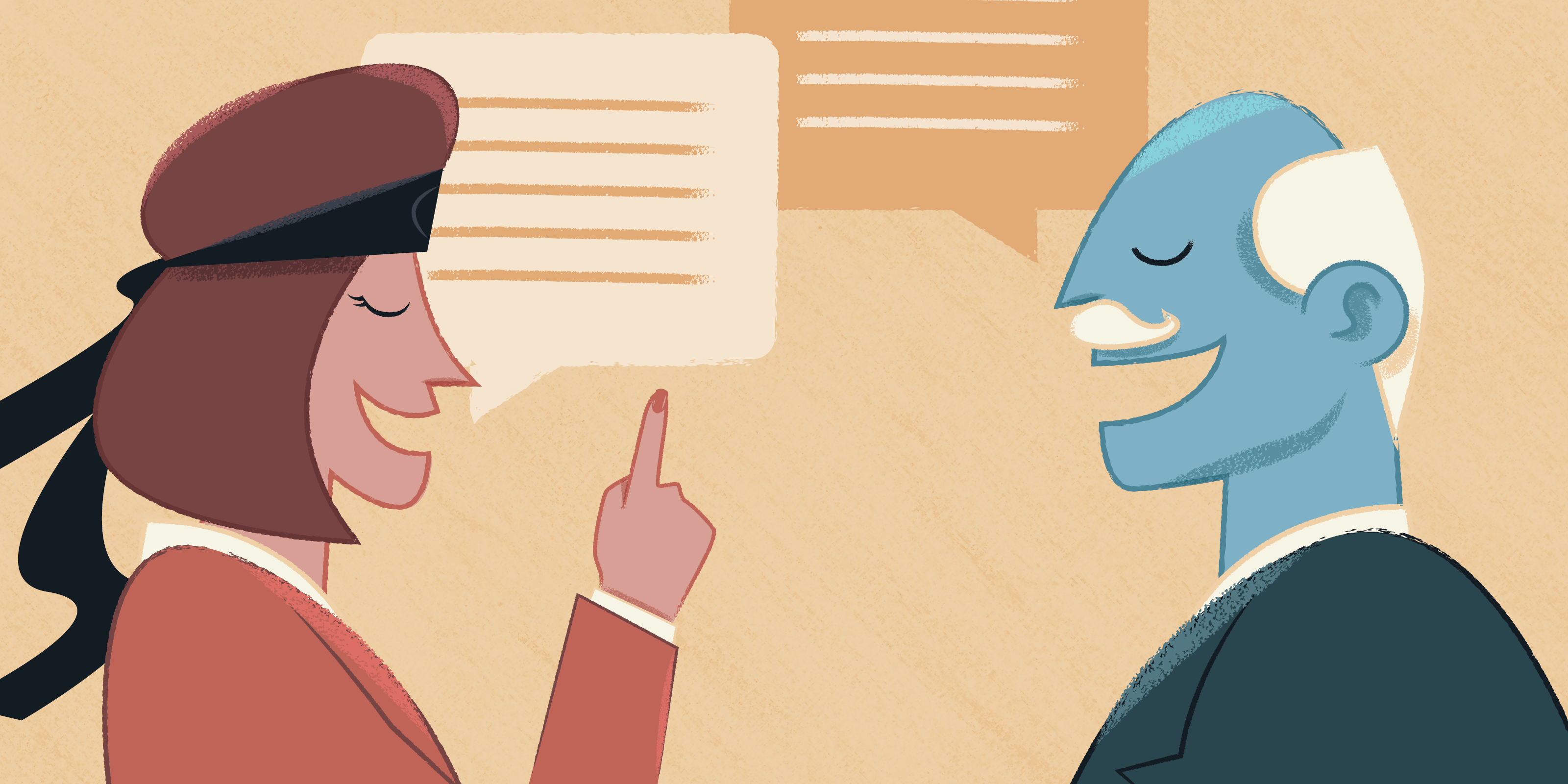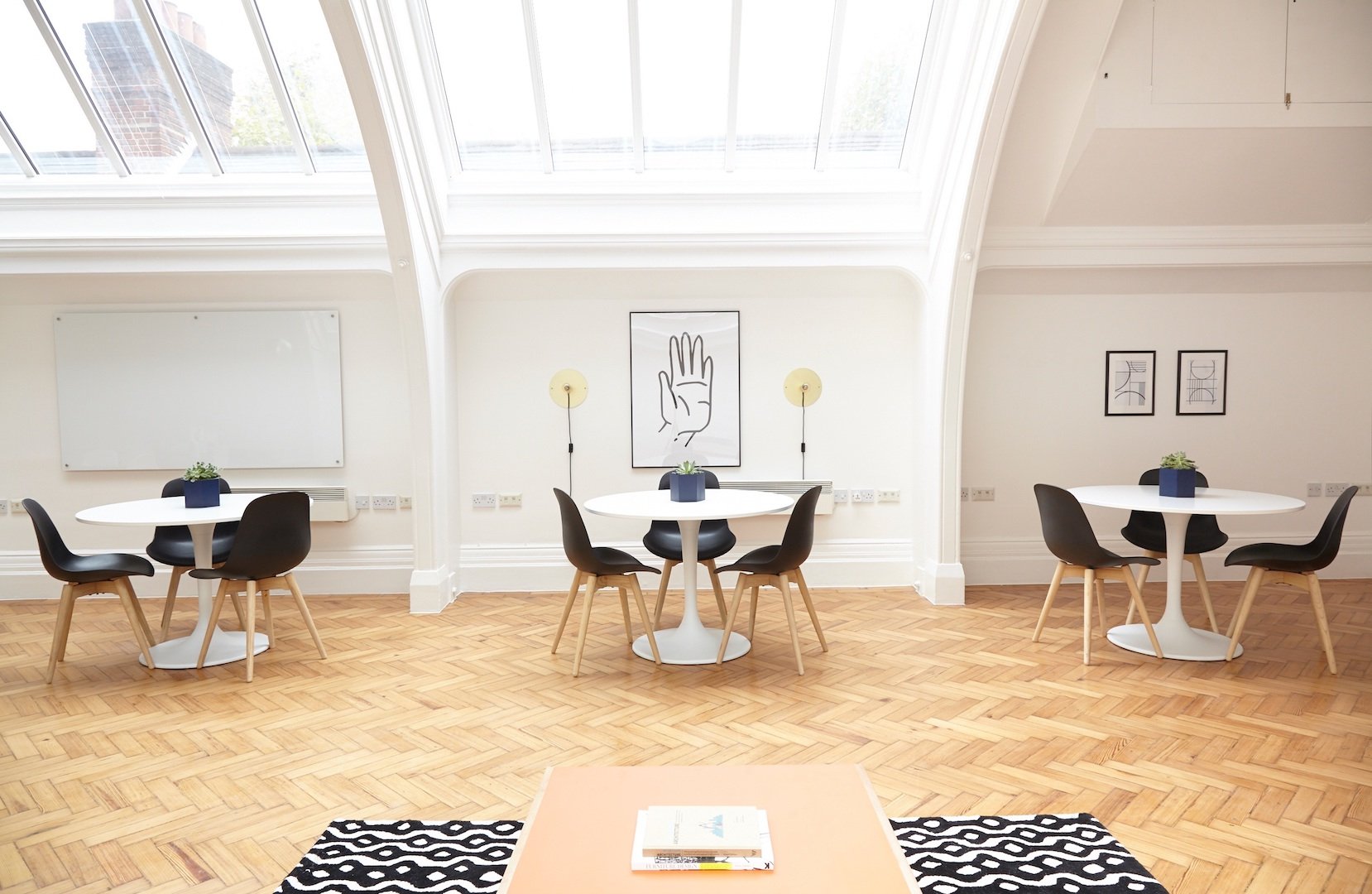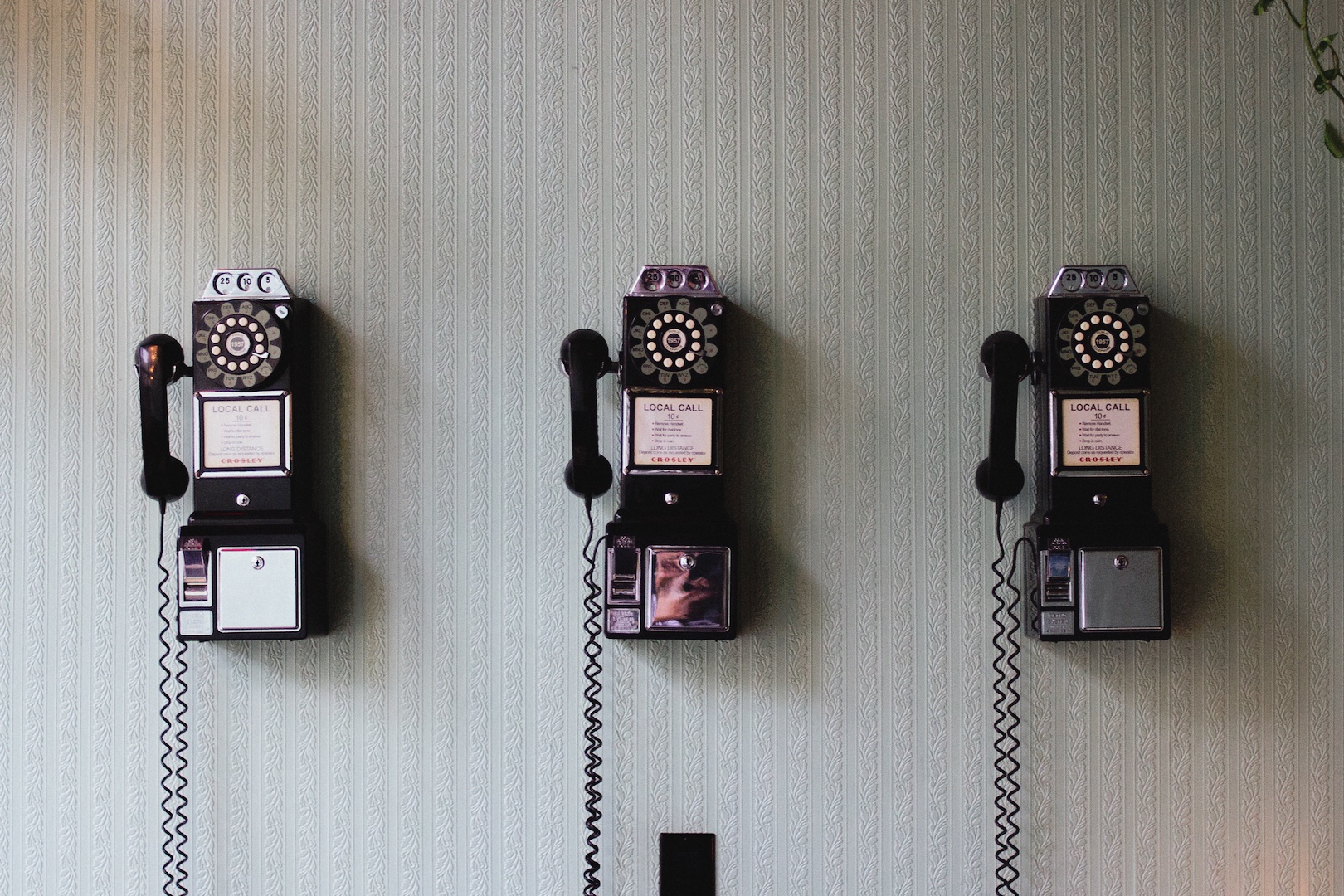This is the sixth in a series of posts featuring Ashton Bishop, the Head of Strategy at Step Change Marketing.
Last time I talked about a new way of at looking things with predatory marketing and how you use it to strike at the weakness that arises out of your competitor's greatest strength.
Today I talk in more depth about the growth of Step Change and clarify some of the things I have already discussed in my previous posts of this series.
Our strap line is about the 'leverage to grow'
Our business model is really lean and it's very different from the way our industry plays, so we don't really see ourselves as having many real competitors in the marketplace.
Our strap line is about the leverage to grow, so we’re always trying to give our clients the greatest marketing leverage on their assets. We're looking at leverage for ourselves too so we're currently looking to leverage across geographies.
We're constantly looking to leverage how we work across strategy and creative. We're also trying to leverage our digital products as well.
Choose your own adventure
We had an experiment that we built a few years ago called the Virtual Marketing Strategist where we thought, "Wouldn't it be interesting if we could do a 'choose your own adventure' for marketing?"
We modelled something very complex. Something like fifteen hundred permutations of different marketing strategies you could ask with just seven questions and then you could build a personalised report.
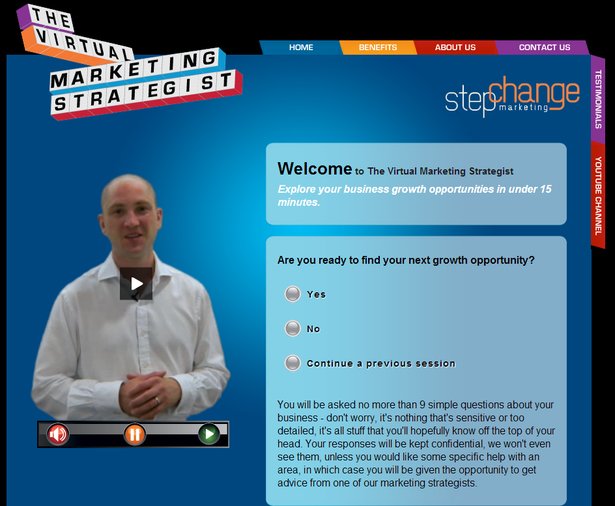
That's where we see the future going. The production values on it aren't great because we had no money when we built it; but the model is still quite interesting so we're looking at how we can leverage this across other industries too.
A going and growing concern
We've been running as a going concern for three years and we've doubled and doubled again.
There was about 400K the first year so we were still small, we did 800K in the second year, we've just done about 1.79M and we're on track to clear 3M quite comfortably next financial year so we've had really solid growth since we started. All from a standing start with no capital.
The importance of good systems
Good systems within our organisation are absolutely critical. The first two years, we were on Struggle Street. We really missed great financial counsel and we had stepped away from our industry’s love for retainers.
We didn't like retainers because some retainers can turn into 'all you can eat buffets' and someone loses. Either the quality goes down or a client gets grabby … it doesn't always work. Somebody gets done and that doesn't work for us.
With integrity as one of our pillars of operation, we wanted to give our clients the option to move from retainers and into projects. Projects are lumpier, but we've got a great financial controller who’s all over managing the cashflow.
We hire the crazy ones
We just had our sixteenth hire fly-in from the States. We'd actually worked with him before so after hiring all the talent in Australia we thought we'd give him a go.
For a time, we’ve had about five or six people come in through our internship program - which runs for anything between three to five days a week for a month or two. We get to know people very well over that period and we simply created roles for the right people as we went along.
Remember the Apple campaign -"Here's to the crazy ones"? If you haven't seen it then do! It’s one of the most famous Apple ads of all time. One was made in 1984, but the one I love the most is, "Here's to the crazy ones (below)." And Step Change hires the crazy ones!
We hired all these people who didn't quite fit the mould they were in. We hired them on starting salaries and, as they didn't have the skills, we trained them up.
We then hired people we've worked with in the past, and because we have the revenue now, we can hire the type of people we want. In fact, we just hired one of my ex-clients from ten years ago. We stole him from Coca Cola.
Does a change in hiring strategy change our culture?
It's not that we've changed our hiring strategy but now we can do both. We still have an internship program, it's really about finding the right people. We have only been running for three years and you need ten to fifteen years of experience to be a Strategy Director. We can't grow one in time.
We are leaving new business all over the street at the moment. Our Financial Controller and our Directors are like "what is happening?" We're going, "we just can't hire fast enough and maintain the quality". What we're not prepared to do is sacrifice quality at any stage.
I’d wanted to hire my ex-client for ten years and we had an opening at a very senior level. I'd known this guy for ten years and culturally we’re completely aligned so we waited a year to get him. He's now a Director of the organisation and will take an equity share in it. We actually left that position open and we wouldn't hire until we found the right person.
We all get a fair share
We have something called fair share as well, it’s where we take ten percent of the profits of the organisation and we split that equally amongst everyone from the Executive Assistant to the Receptionist to the Junior Animators to a Senior Production Manager.
It doesn't matter who you are in the organisation, if you've worked a twelve month period with us you get your clip of that ten percent equally. It holds everyone accountable to make sure everyone's pulling their weight and has that respect of 'it's a team game and we'll either win or lose as a team'.
An ideal client where size doesn't count
In terms of current clients, we manage about twenty to thirty jobs at any particular time. We've probably serviced close to one hundred clients over the last eighteen months so we've got a lot of clients who've come through the door.
An ideal client for us is defined by psychographics rather than size. We're strategy first so we need clients who can actually implement the strategy ideas that we come up with. Implementation depends on the category that we're working in.
One of our favourite clients was in the news just yesterday and I'm really excited as we just got listed in the top one hundred cool companies in Australia.
Super excitement for Three Weeks
But what was super exciting was that one of our core foundation clients was nominated as one of the finalists [for this year's 'top one hundred cool companies in Australia] so they're in with a chance'. The company is called 'Three Weeks'.
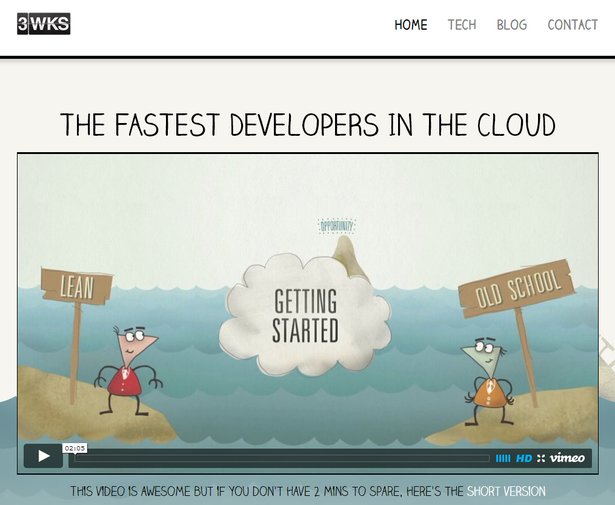
When the client first came to us he struggled to communicate what he did. He had a big idea but his communication was just a little off-base.
The client did an explainer that got picked up by Google. Google liked it, they put it on their page in London, a client in London saw it, they picked up the phone, they had a conversation with him, they flew him over, and he closed a million dollar contract.
He's gone from basically a nothing business to a multi-million dollar business in eighteen months. That's the kind of story for client success that just lights us up.
ANZ, they're big business
We also work with ANZ, they're a big business. I don't know how much of the 6 billion dollar profit we contributed to but they're a great business. It's harder to make change happen within large organisations.
With the small organisations, you get in, you're working with the principal, and they've got the stomach and the desire to do it. Then we're doing brand stories, positioning lines, and campaigns. Decisions are being made in the room with no time wasted.
For us, it's all about risk
Our ideal client sits somewhere between ‘3wks’ and 'ANZ' but it's about people who want to change. We're a really bad fit for people who want to do the same thing and just want to get better value on their Adwords spend.
For us, it's all about risk. Risk has a down side, risk has an upside. For example, what was the risk profile on our wanker's video?
Before that launch, nobody could tell us whether it was going to work or not but we knew there was something in it. If we wanted to play safe, we'd have spent the money on an Adwords campaign.
The cost of a case of beer and a bottle of scotch
We'd spent fifteen hundred dollars on small space advertising over six months. We wanted to be really true to the ad test so we allocated fifteen hundred dollars to do the 'Wankers' video as well.
Now there's probably only a few people in the room who could get it for that much and we did because the actors are all my theatre sports buddies and I gave them each a case of beer or a bottle of scotch.
The Director was Dan Ilic who is one of Australia's up and coming Directors. He also happens to be a mate of mine from way back and did us a big favour. Like anyone, you use your strengths to your best advantage.
In the next post Ashton talks about the impact Step Change Marketing has made on their clients and discusses what it takes to make a successful business.
Click on the video below to watch Ashton's entire story.


